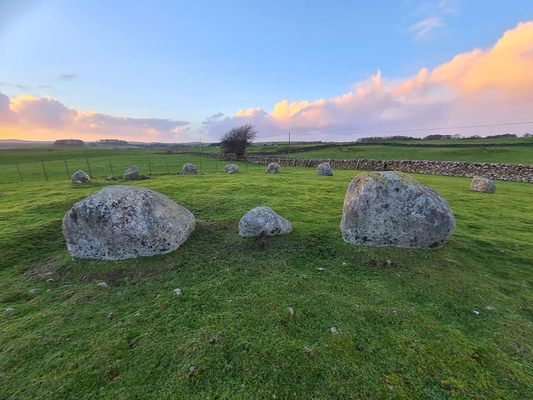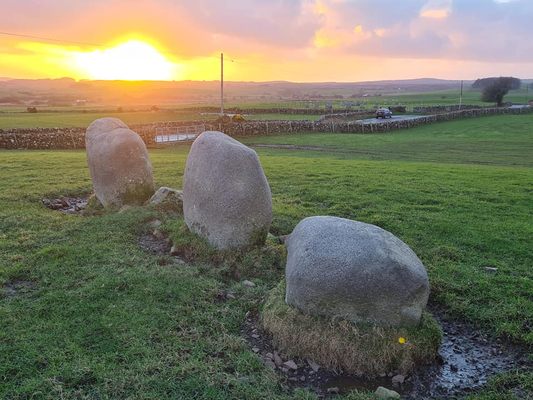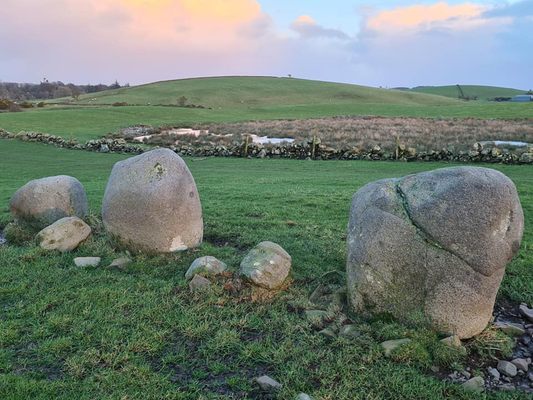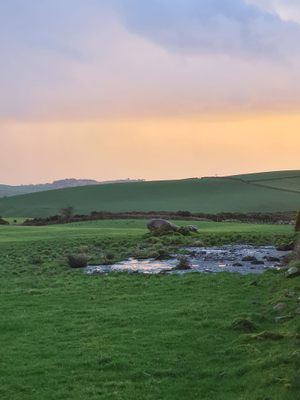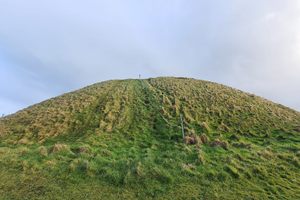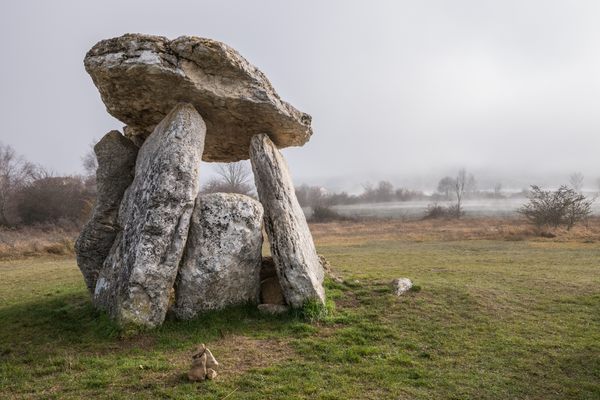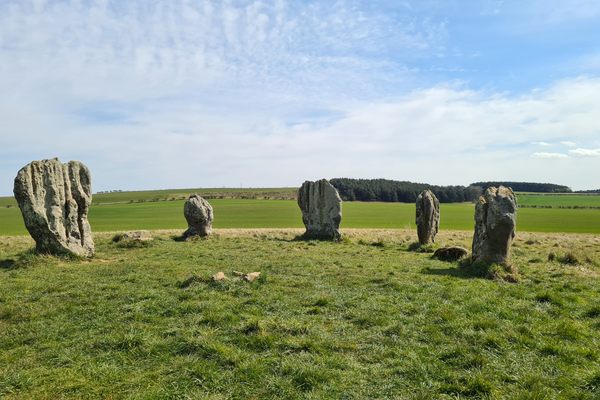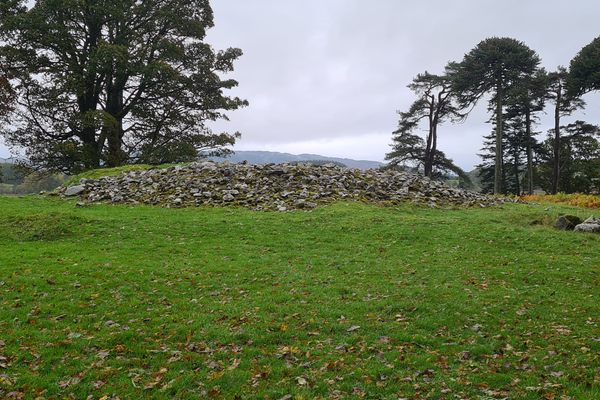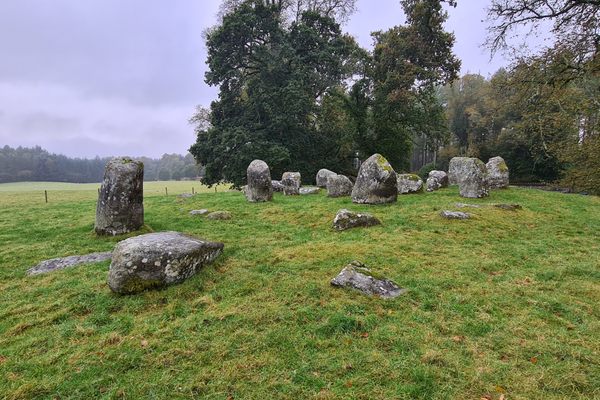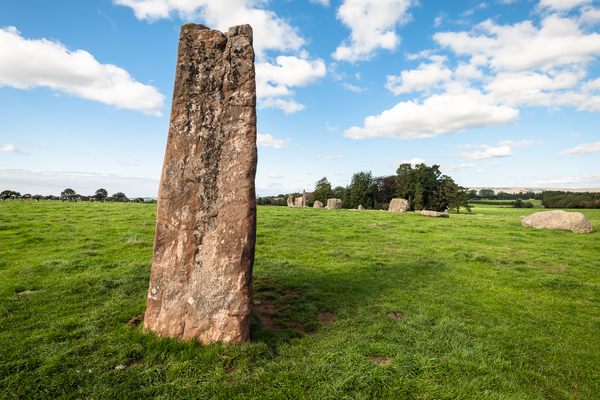About
This stone circle in Scotland's Bladnoch Valley was erected some 4,000 years ago for a now forgotten ceremonial purpose, although specialists have suggested it was aligned with the rising moon or setting sun in the southeast.
The Torhouse Stone Circle is constructed of 19 short granite boulders set out in a circle that measures 22 meters (72 feet) wide. The stones are graded in height, with the largest located on the southeast side of the circle standing 1.5 meters (5 feet) tall, and the shortest is 0.6 meters (feet) tall. There is an alignment of three stones running through the centre of the circle, two upright and one lying down. It is thought that these stones might be part of an earlier burial cairn, around which the stone circle was later constructed.
This type of stone circle is usually found in northeast Scotland, making Torhouse unusual for its area. The well-preserved stone circle has never been excavated, this is despite the site being considered one of the best-preserved stone circles in Scotland.
Torhouse Stone Circle does not stand alone, to the east is a further alignment of three standing stones, with a further single standing stone to the south of the circle. It is unknown whether they represent three different monuments constructed at different times or a coherent single complex.
Such Prehistoric stone circles and burial sites are frequently linked to local legends and this place is no exception. Folklore suggests that the central stones at Torhouse mark the tomb of King Gladus, a mythical figure who is said to have fought the Romans and gave his name to the area (Galloway). According to the legend, the three standing stones to the east are the burial place of his generals.
Related Tags
Flavors of Scotland: Beyond the Haggis
Smoked seafood, single malt whisky, and warm hospitality.
Book NowPublished
June 1, 2022

